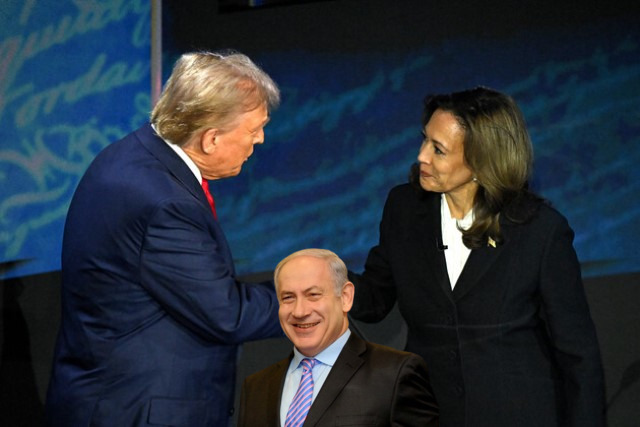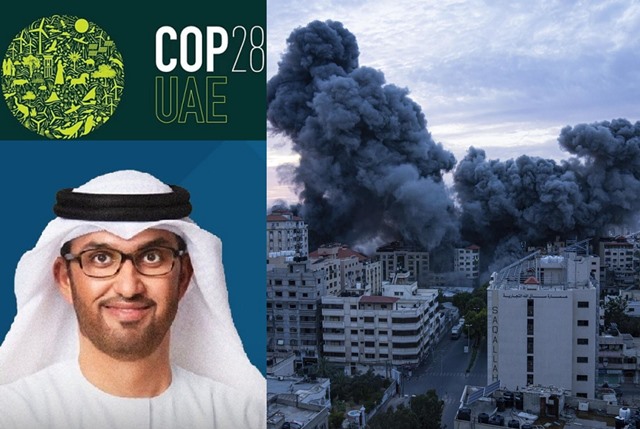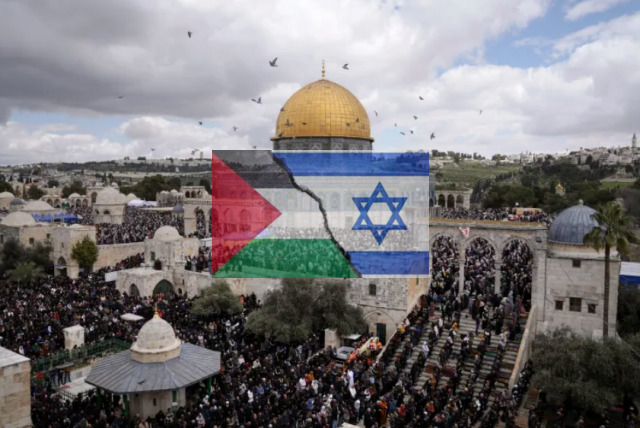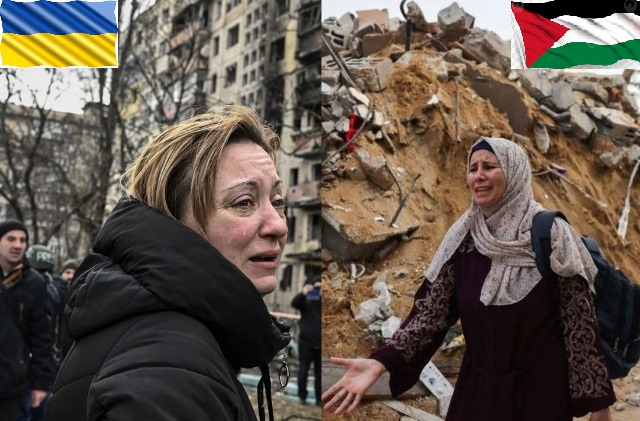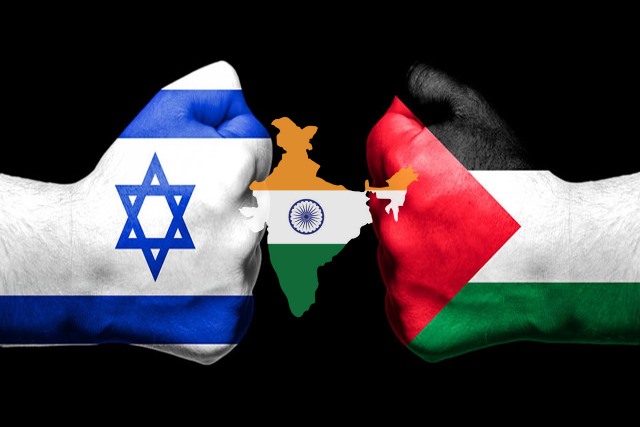The polls in the USA, slated for November 5, 2024, is now on a tight rope. Latest surveys have predicted a neck-to-neck fight between Donald Trump and Kamala Harris. There are also indications that in the final instance, Trump might just about make it, given the many reasons behind his steadfast popularity, especially among the White male population of America, including the working class. So much so, even a certain section of Afro-Americans, the Blacks, seems to be turning his way.
That is why the Democrats have roped in Bill Clinton and Barack Obama, including Michele Obama, in a last-ditch effort. No one knows if they will succeed, considering their bad track records when they were at the helm for long periods, especially Obama, who came riding a huge utopian high of ‘yes we can’, and who betrayed most of the promises he made, especially to the marginalized population of Afro-Americans.
Either which way, will the world become any better if this or that candidate wins? Harris or Trump?
As a journalist, I covered the American elections in 2016 in New York and Boston, and spoke to a wide-range of people. The young, educated and millennials hated Hillary Clinton, for the wars she had waged and the ghastly murder of Muammar Gaddafi as a public spectacle, among other things, but hated Trump in equal measure. Barack Obama was no more the hero he once was.
Their first choice, ‘Leftist’ Bernie Sanders, was not allowed to be the presidential candidate – despite a huge support base – by certain powerful lobbies, including, reportedly, Obama, who backed Clinton. When Trump won, there was a wave of depression across the land. Young and old, driven by anxiety, were in tears. Trump had arrived to ‘Make America Great Again’.
The latest joke on social media these days is that Harris-supporters can keep calling him a racist/supremacist, until the ‘ethnic cleansing’ is over and done with in Gaza!
The fact is that the Joe Biden and Kamala Harris establishment has backed Benjamin Netanyahu to the hilt with weapons, bombs and billions, and have chosen to look the other way while the genocide in Gaza was in full swing, despite the ritualistic homilies.
For the record, it’s going to be 50,000 dead soon, including 20,000 children, and an unknown number still under the rubble.
For the record, ethnic cleansing, resembling the nightmares of the Holocaust, is right now in full swing in Northern Gaza. Tens of thousands of people are being bombed, maimed, butchered yet again, including inside hospitals and refugee camps, those alive under the rubble are not allowed to come out, doctors, volunteers and nurses have been killed, 171 plus journalists have been murdered, starvation, thirst and epidemics are stalking the trapped and condemned people, aid is not allowed to come in, even as a trickle, scores of men and young boys have been detained and taken to unknown destinations, and, yet another mass exodus is happening in this ravaged landscape pushed by armed tanks, while the world watches in stunned silence, impotence, and complicity.
Especially Harris and Trump, and their fanatic supporters.
So, will things change in Gaza if either of them win?
That is the uncanny question which is stalking the political subconscious of all sensitive people across the world, who, still believe, that it is possible to move away from the repetitive and vicious cycle of barbarism, on to the finer and more refined nuances of civilization and culture. They include, certainly, the thousands of students and other people who protested against the genocide in Gaza, and demanded an immediate ceasefire and release of the Israeli hostages, across America, and all over the world.
ALSO READ: US Elections And The World Peace
Besides, those backing Kamala Harris with her Indian, Asian and African origins, and as the first possible woman president of the USA, seem to know all about Trump – and it is there to be seen in each rally of his campaign. The crass, insensitive and masculine language, the racist ideology, the vitriolic, anti-immigrant rhetoric, and the mass phobia against ‘outsiders’.
Meanwhile, some of his former top aides, have come out against Trump. It has been claimed that he has ‘fascist and dictatorial’ tendencies, that he looks down at war veterans who were caught in the battlefield, or, those who have been disabled in action, and that he might actually use the military against American citizens.
John Kelly is a former four-star general and was the longest serving chief of staff of Trump. He told The New York Times that Trump “preferred the dictator approach”, fits into the concept of a “fascist”, disliked the American Constitution, and threatened to use the military against American citizens whom he considered his enemies. According to him, Trump seems to have an obsessive fascination for Adolf Hitler, and often seemed to want American generals to obey his command as the Nazi generals used to obey Hitler.
Kelly told The Atlantic that Trump wished his military personnel showed him the same deference Hitler’s Nazi generals showed him.
“Do you mean Bismarck’s generals?” Kelly asked Trump. He added, “I mean, I knew he didn’t know who Bismarck was, or about the Franco-Prussian War. I said, ‘Do you mean the kaiser’s generals? Surely you can’t mean Hitler’s generals?’ And he said, ‘Yeah, yeah, Hitler’s generals.’ I explained to him that Rommel had to commit suicide after taking part in a plot against Hitler.”
(It is not clear if he had also explained that there were some major attempts by generals and soldiers in Hitler’s army who tried to stage a coup, or assassinate Hitler. Most of them were caught and executed.)
The point is, a large number of white Americans, including women, are fanatic supporters of Trump precisely because of these reasons! They want him as that masculine, macho, misogynist, who revels in indulging in that particular kind of language! They want him as a dictator and a fascist. They want him to clamp down on dissenters and ‘Leftists’ – with Harris being dubbed as a neo-Marxist by Trump. And they want Trump to close down the borders, hound out the immigrants and their children, and ‘Make America Great Again’! For some, it actually means, ‘Make America White Again’!
As this reporter found out in 2016, many of them hide within their deepest hearts the insatiable desire that ‘slave trade’ should come back, that Afro-Americans, among others, should be treated as second class citizens, and that what the whites did, in terms of organized carnage and elimination, to the original, native and indigenous inhabitants of this land, was obviously correct.
In their warped minds, the short history of American colonialism and occupation, genocide and slave trade, was the golden, utopian past, which should be resurrected. And only Trump, the real estate tycoon, can do that.
The truth is that America is not a great nation, as their politicians claim. It never was. Across the world, it is the American establishment, which has, over the years, propped up miscellaneous dictatorships, banana republics, tin-pot fascists (as it was in Latin America), apartheid regimes (as it was in South Africa, with Nelson Mandela dubbed as a terrorist), totalitarian monarchies (as in the Middle East), and rogue genocidal regimes such as the one in Tel Aviv.
Indeed, Israel is the ‘Nazi operator’ of the US (and its Western allies) in the Middle East, backed by powerful lobbies in America, and it has continued to do now what it has been doing in the past – mass murders of innocents and targeted assassinations of opponents. None of them really believe in the principles of secular, modern, liberal, egalitarian democracy, especially when it comes to rest of the world.
So Harris or Trump, does it really matter?
For more details visit us: https://lokmarg.com/
